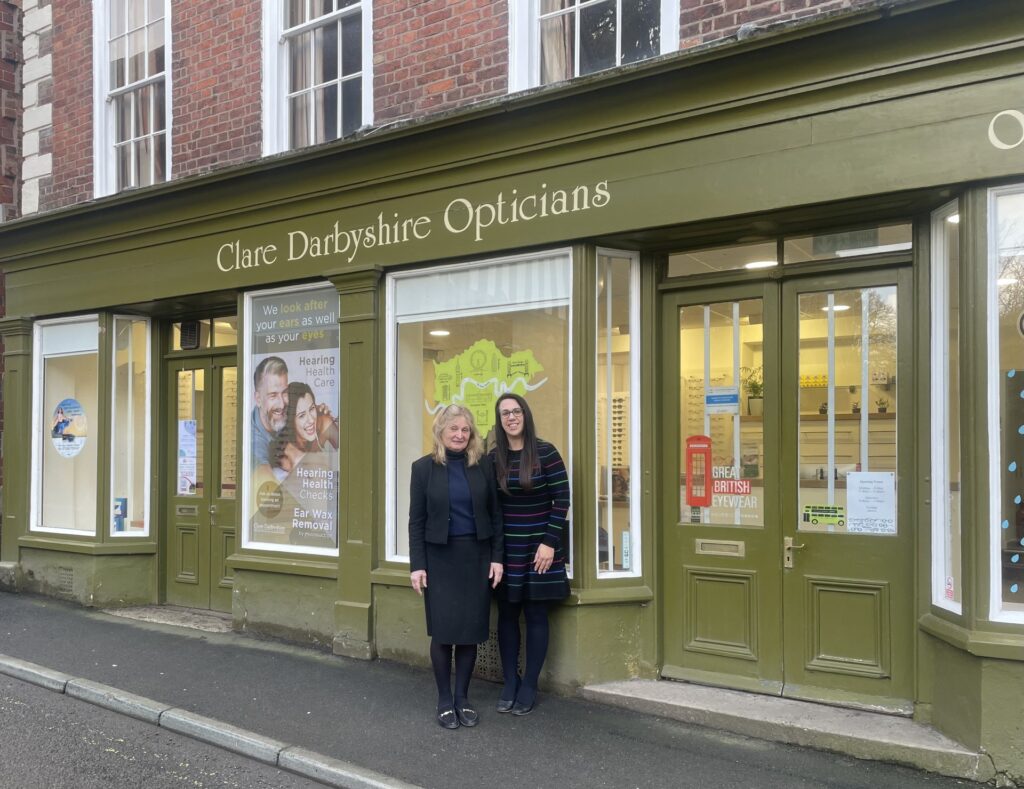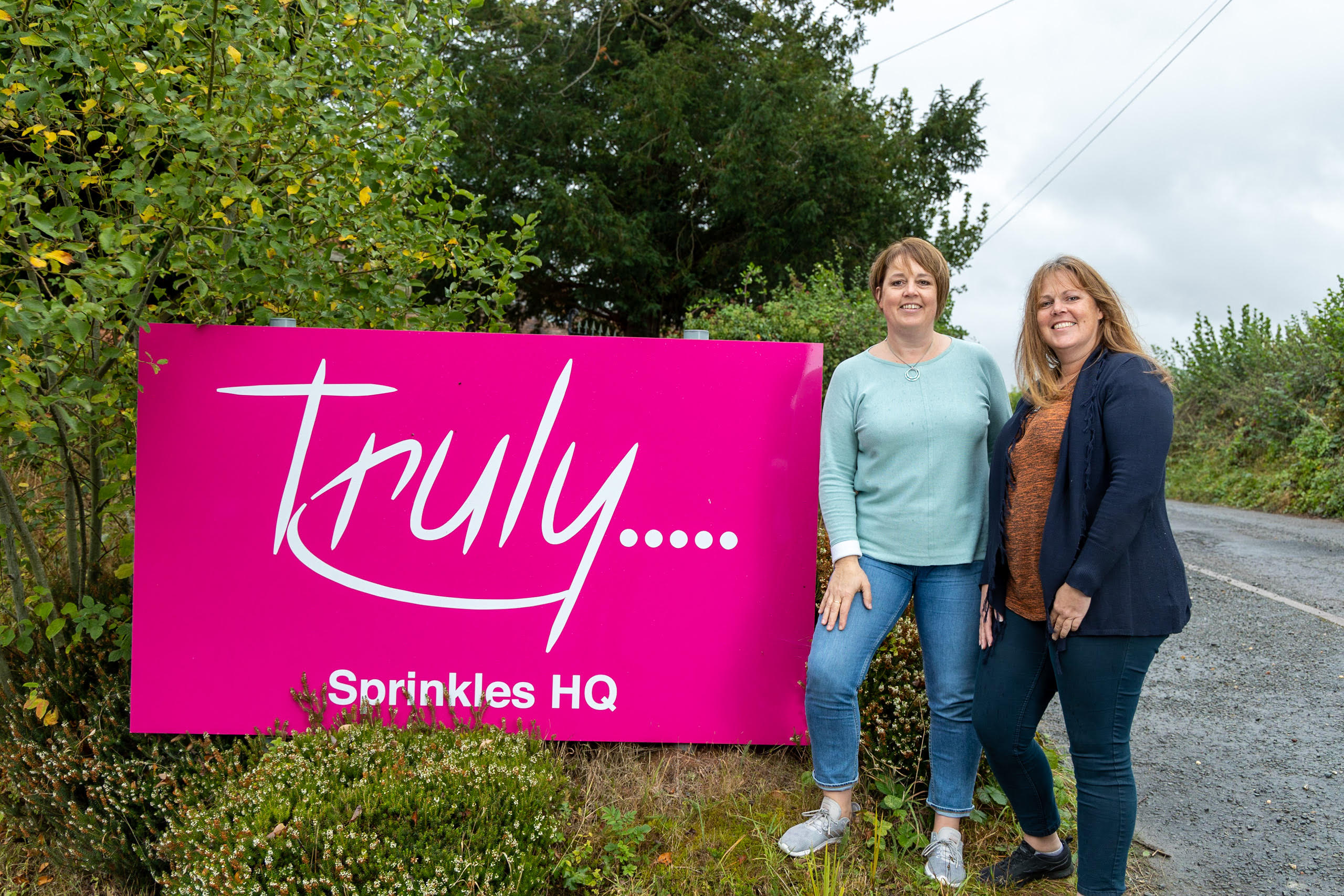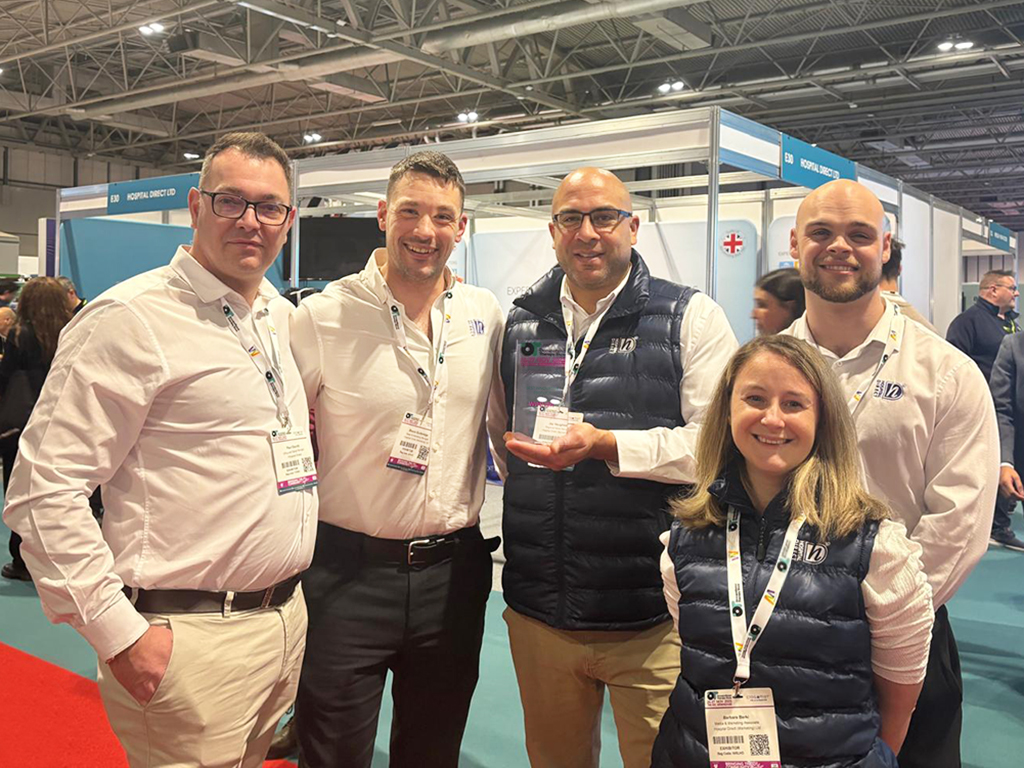Parents have been urged to make the most of the time during the summer holidays to ensure children have an eye exam before they head back to school.
August is National Eye Exam Month and Katie Mimnagh of Clare Darbyshire Opticians in Much Wenlock has encouraged parents book an appointment and make it an important part of their child’s annual healthcare routine.
Director, Katie said: “The connection that eye health has to your overall health, independence, and quality of life is too important to be ignored.
“Good vision can improve performance at school. It can be tough to focus in class if you’re having vision problems, which may contribute to reading and concentration issues.
“Eye exams can help reveal other issues and offer a pre-emptive strike. Eye conditions can often be easily managed when caught early so we’d always encourage parents to ensure they book their children in for their regular NHS funded eye exam.”
One condition that is increasing in prevalence and particularly affects children is myopia, also known as short-sightedness. Myopia results in poor or blurred vision when viewing in the distance and threatens to affect half of the world’s population by 2050.
Spending less time on screens and more time playing outside can help delay the progression of myopia and Katie urged parents to encourage their children to swap mobile phones and video games for outdoor activities throughout the summer holidays can help keep their vision healthier for longer.
She added: “If your child does need a prescription, our dispensing team will ensure that they leave happy and confident in their new specs. Our two main priorities at Clare Darbyshire Opticians are to leave you feeling good and seeing clearly.”
The team are passionate in their mission to offer comprehensive, high standard children’s eyecare to care for younger patients in the local community. Current research indicates that both genetics – if one of your parents has myopia, you are three times more likely to develop it – and environmental factors determine whether a child will be myopic. They also play a role in the progression of myopia.
An increase in time outdoors of about two hours per day, which can help children use their full range of vision, can significantly reduce the risk of developing myopia while lots of near vision work without a break can increase the likelihood of developing the condition.
Parents are advised to encourage children to take regular breaks; for every 20 minutes spent on near tasks, take a break for 20 seconds gazing into the distance (20 feet or six metres away).
Early diagnosis and intervention are key to help slow the progression of myopia, with regular eye examinations by an eye care professional recommended.
To find out more information or to book an appointment, please visit www.claredarbyshire.co.uk
CAPTION: Clare Darbyshire with Katie Mimnagh.






